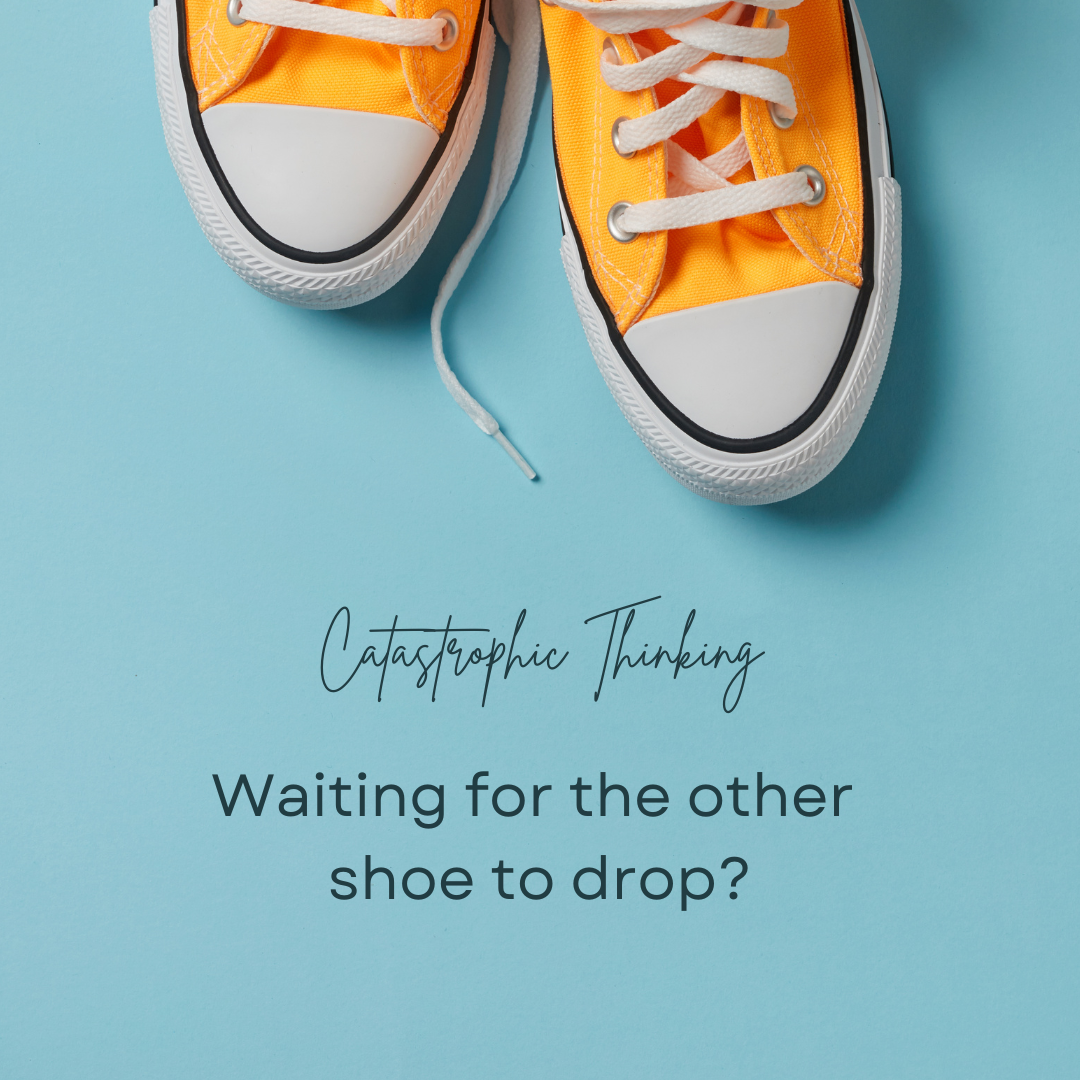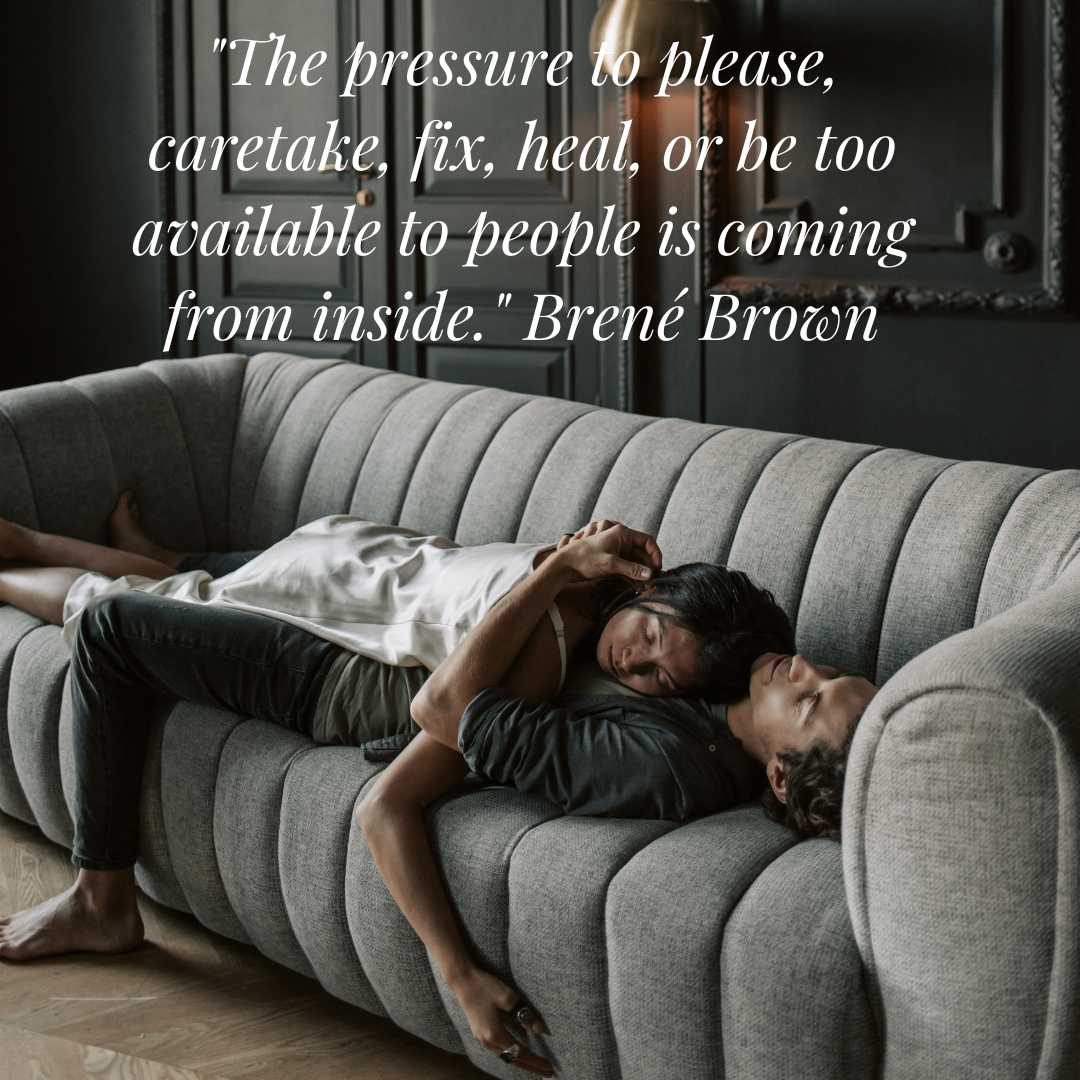Compassionate. Experienced. Here for You — On Your Terms.
Create the life you want to live.
Compassionate Mental Health Care Tailored to Your Needs
At Individualized Solutions, LLC, I am dedicated to providing compassionate and personalized mental health care tailored to your unique needs. As an experienced Licensed Therapist, Licensed Clinical Social Worker, and Registered Nurse, I founded this practice to support individuals ages 16 years of age and older, through a variety of challenges, ensuring you receive the care and guidance you deserve.
Hi, I'm Rita Denome RN, MSW, LCSW, LMSW
Comprehensive Mental Health Services
My services include, but are not limited to, therapy for anxiety, depression, childhood trauma, grief, PTSD, trauma, ADHD, and neurodiverse conditions. I also provide specialized support for healthcare providers and emergency responders dealing with fatigue and traumatic response symptoms. In addition to therapy, I offer comprehensive case management services.
Click below to learn more about all the services I provide:

Why We Don’t Accept Some Insurances (And Why It’s Actually Better for You!)
At Individualized Solutions LLC, we know that mental health is a personal journey—and so is how you pay for therapy. You may have noticed that we welcome cash-pay individuals and don’t accept some insurances. Let’s talk about why this choice benefits you and your therapy experience!
Here’s the thing about insurance:
They call the shots. Insurance companies decide what’s covered, how many sessions you get, and sometimes even the kind of therapy you “should” receive. It’s frustrating! And it means the focus is less on YOU and more on what’s pre-approved.
Privacy is priceless. When using insurance, your mental health diagnosis and treatment plans can be shared with your insurance company, and sometimes, your employer. With private pay, your information stays 100% confidential between us. Period.
No cookie-cutter treatment. Insurance requires specific labels or diagnoses to approve coverage, but at Individualized Solutions, we believe in providing therapy based on your individual needs—without having to fit your mental health into a neat little box.
Why private pay?
With cash pay, YOU are in control. You choose the type of therapy, how often you want to meet, and what we focus on. No red tape, no middlemen—just personalized care that fits you.
Yes, we get it—therapy is an investment. And we know it can feel like a big commitment upfront. But your mental health is worth it! When you pay out-of-pocket, you're making an investment in yourself, free from the limitations of third-party approval.
Ready to prioritize YOU and take the next step in your mental health journey? I’m here to help.
Book an appointment today or give me a call at 573-418-1677. Let’s work together—on your terms!
P.S. We promise with private pay—no confusing claim forms or surprise letters from your insurance!
Testimonials
Blog






